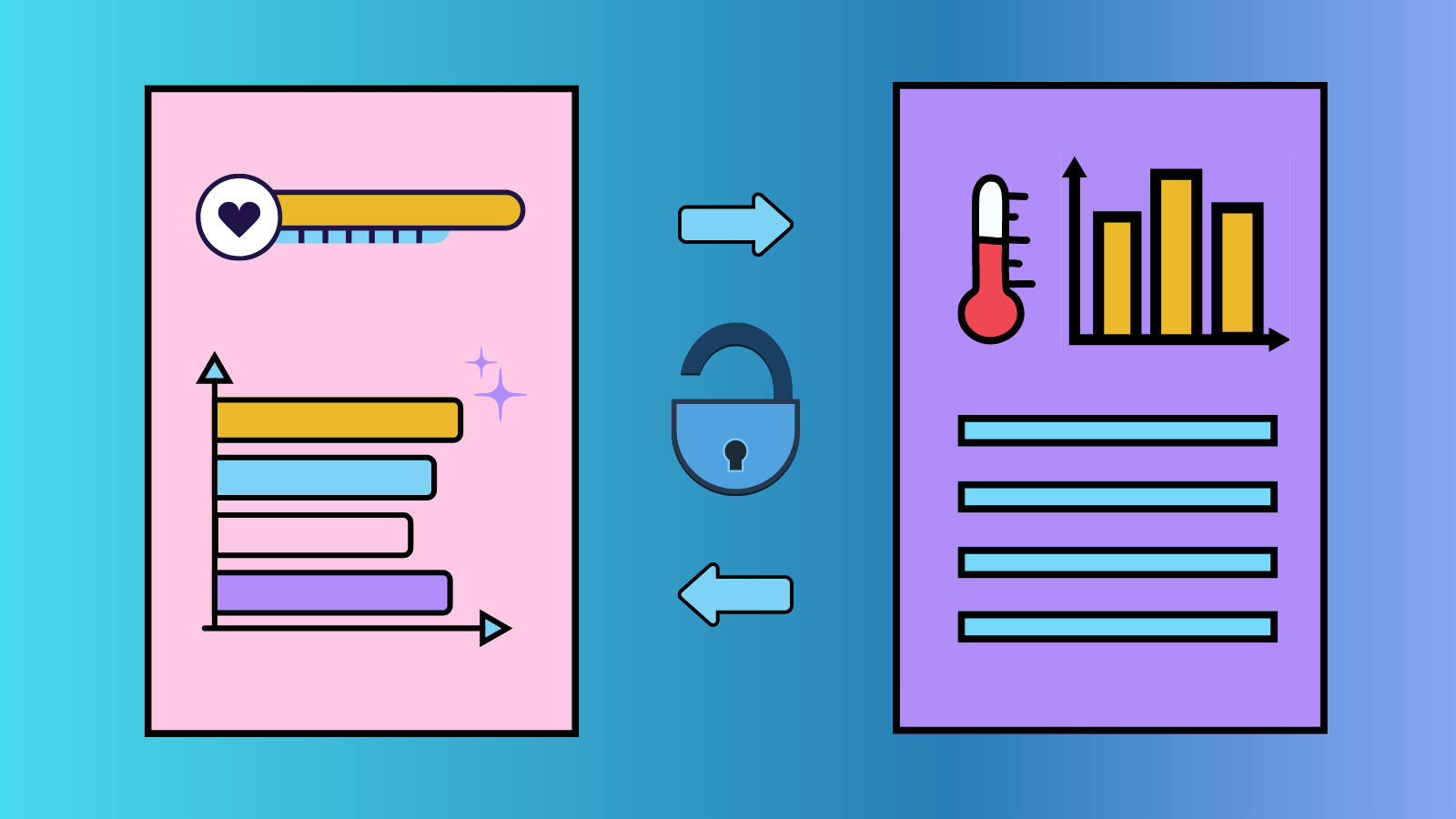Today few mechanisms exist to bridge policy silos and the gaps between technology developments and regulatory frameworks. This explains the struggle to address the challenges of our data-driven society and responsibly unlock the value of data.
Taking stock of lessons learned from the uses of open data across projects related to tackling climate change or addressing animal diseases, Carolina Rossini, Director of Partnerships and Research at the Datasphere Initiative, Kassy Raymond, Technical Manager, Global Burden of Animal Diseases (GBAD) and Fellow at the Datasphere Initiative, and Johannes Friedrich, Director of Climate Data and Manager of Climate Watch, World Resources Institute, participated in a panel at the Canadian Open Data Summit, sharing their experiences of using open data. This blog shares key takeaways from the panel on some of the opportunities and challenges.
The need for effective open data is particularly evident when there is a need to share data amongst disciplines, as is the case for the numerous innovations and initiatives tackling climate change, and for related challenges at the intersection of human, animal, and environmental health, or “One Health”. The potential and utility of open data resources and tools cannot be underestimated, yet important factors can impact the utility and effective application of the data for a particular project or need.
Kassy Raymond, Technical Manager, GBAD and Fellow at the Datasphere Initiative works on livestock population data exploring the operationalization of data governance principles to improve the quality, discoverability, and reusability of animal health and production data in the GBADs knowledge engine. During the panel, she emphasized some of the challenges of interoperability, including semantic interoperability associated with the ability to actually access the information needed for research and analysis.
“Work on human, animal, and environmental health, often requires a level of granularity to perform specific calculations and analyses. Understanding the context and what the data means is very important and can vary between the sender and the receiver of the data (machine to human, machine to machine or human to human)” she said.
In the case of livestock population data, there are hundreds of naming conventions: making interoperability between these datasets extremely hard to establish. Ms. Raymond underscored a need for standards, taxonomies, and common vocabularies to improve the interoperability of data, emphasizing that these need to be met with strategies for implementation and efforts to make sure standards themselves are coherent with other standardization efforts.
Johannes Friedrich, Director of Climate Data and Manager of Climate Watch, World Resources Institute works on data strategy on climate, energy and systems change, creating innovative data products that support governments and the private sector to shift our global systems in equitable ways. He shared his experience from working on data platforms, highlighting how questioning the role of data tools can be an important factor in a success of a project to understand the purpose of data use.
“A huge value of open data is that you can scrutinize it. Yes, you often find out that data might have lots of issues when you open it up to others to check the quality” said Mr. Friedrich.
While data is sometimes the base requirement to launch an effort, understanding what the data may be missing or the actions and political will around using it is important.
The panelists discussed some of the risks of using open data when there is not enough focus on the needs and more incentives for producing outcomes. The discussion highlighted the importance of identifying emerging data gaps, and including affected people in the design of governance mechanisms.
- Read more about the work of the Global Burden of Animal Diseases
- Read about Climate Data, Climate Watch, and the World Resources Institute
- Read about the Canadian Open Data Summit



